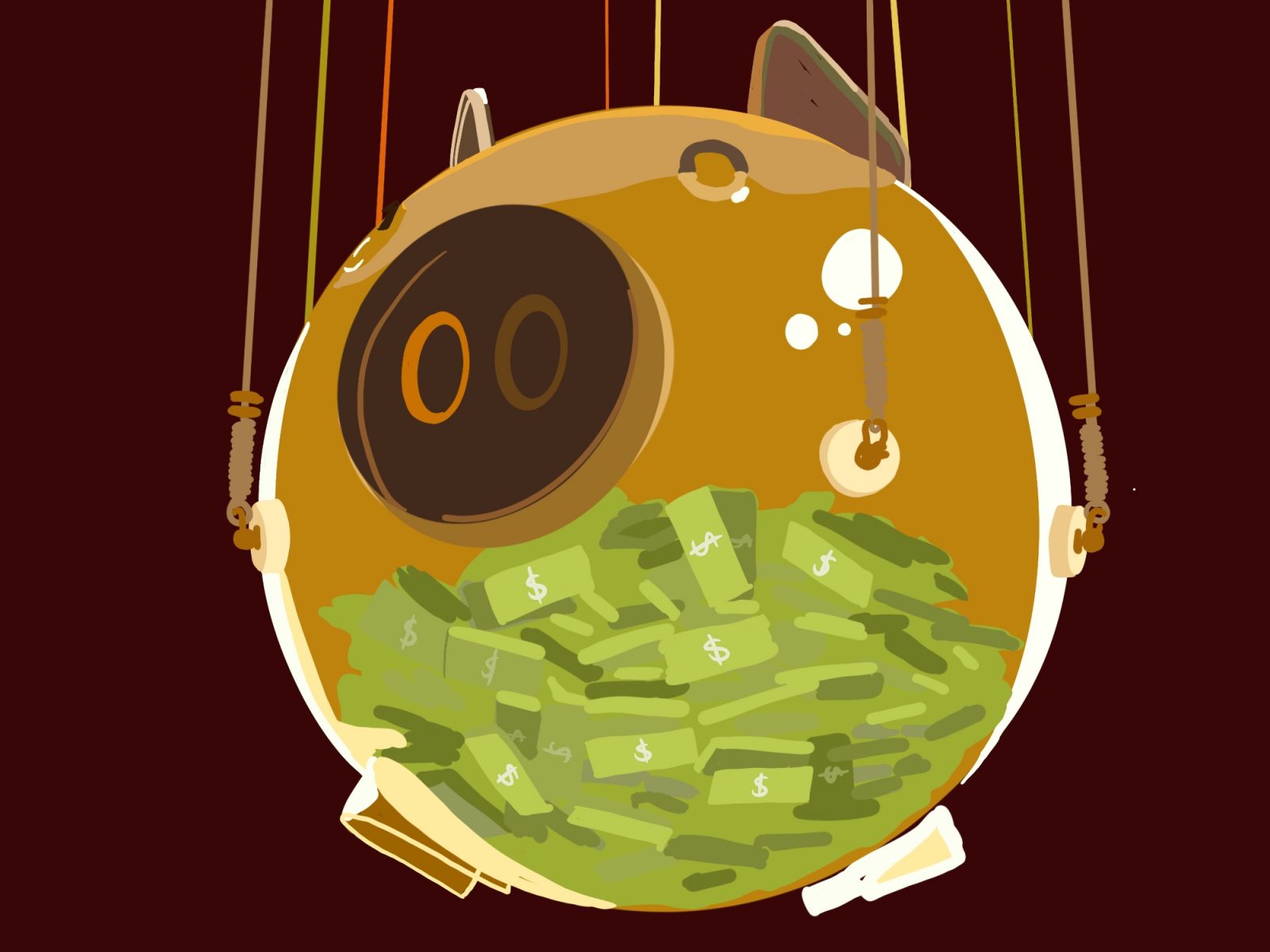In a recent article for The Daily Free Press, opinion columnist Mayela Machribie Lumban Gaol explores the uber-popular show “Squid Game,” its plot and subsequent themes. Gaol goes into detail summarizing key plot points, compares the show to similar works of art and makes a point on what she believes “Squid Game” says about the greed and selfishness that exists in human nature.
However concise and well-written, I don’t believe Gaol’s analysis went deep enough and, as a result, did not get to the true heart of “Squid Game”’s social commentary. Which is to say, no, “Squid Game” is not a commentary on human nature as Gaol suggests. Instead, it is a dramatization of the reality under capitalism — one that forces us to address contradictions that exist under our current mode of production.

When talking about capitalism, I will be making a distinction between personal and private ownership. For the sake of my analysis, personal property is, as the name suggests, something that belongs to you. Your comforter, mug collection and dorm-room posters are all what I would refer to as personal property.
The minute you use personal property as a means to earn a profit, it becomes privatized. Buying a house? That’s personal property. Using that house to rent out rooms? Now it’s private. Buying a car? Personal. Using that car to deliver pizzas faster? Private.
Without diving too deeply, private property is a form of capital. If you have capital, you become a capitalist. Our economic system rewards capitalists and their use of private property to accumulate more capital by affording them economic freedom. Currently, most goods and services in Western countries are produced privately through capitalists. We call this mode of production capitalism.
On the surface, being a capitalist seems like an achievable dream, but of course, the reality is not as charming. For many, there is very little economic mobility because the dominant class — the capitalist — depends on the labor of others.
We can see this happening with the richest people in the United States. Elon Musk, for example, relies on many workers to design, build and market his electric cars. These workers do not own the Teslas they produce — Musk and his major shareholders do — yet without their labor, Tesla would cease to exist.
The ownership of production belongs in the hands of the wealthy few, yet of those participating in the workforce in the United States, the majority are wage-earning laborers. So, if everyone could work their way up from factory worker to Musk-status, there would cease to be a labor force on which Tesla depends on for production.
Which is to say, there will always be more workers than CEOs — keeping most people stuck as low-wage earners. There simply isn’t room for everyone to work their way up and achieve economic freedom. We can see this struggle in “Squid Game.”
For those unfamiliar with “Squid Game,” the premise is relatively simple. Several hundred people who, for various reasons, have been struggling financially compete to win a large cash prize. In the games, there is only room for one winner — the rest end up dead — and for every contestant who dies, 100 million won is added to the cash pile.
We see a similar dynamic play out in the real world. The odds of a factory worker becoming a CEO is low, but if one person slips through the cracks there is the promise of economic freedom. Unlike reality, however, the Squid Game’s prize feels more real and less like naive optimism. After all, the cash quite literally hovers above them in a large piggy bank — a tangible end goal that rewards one lucky player at the cost of everyone else’s lives.
The contestants have an out, of course. They can democratically vote to end the games through a simple majority. So, if they vote to continue playing, that means they have consented to Squid Game’s violent battle royale, right?
Gaol addresses this question in her article. In the show, the group votes to end the games during the second episode. They are sent back to their respective lives to deal with their respective debts, and the characters find their real-world struggles to not be so different from their lives under the game’s rules — both are a matter of survival. That being said, after being faced with the brutality of everyday-life, most players choose to resume playing.
As written in her article, Gaol agrees “that the games may be their only chance to win the money they need to survive,” yet she very shortly after makes an interesting contradiction. While briefly addressing the parallels between “Squid Game” and “The Hunger Games” — that one book series where two children from 12 districts each are chosen at random to fight to the death — Gaol makes an important distinction between the two works. She writes, unlike in “The Hunger Games,” players in “Squid Game” “ultimately choose to participate in the games.”
This forced me to wonder, how can choice coexist with survival?
Such is my largest issue with Gaol’s analysis. She ends her article with a line that summarizes her point well. She writes, “We have agency in our own lives … and we should choose to utilize it.” However, I believe that “Squid Game” is actively challenging this thesis.
Outside the games, each player’s survival depends on their ability to pay off debts and earn enough to sustain themselves and their loved ones. Winning the Squid Game prize is a guarantee the players have enough money to stay alive when the games end.
Since survival, under capitalism, is a money game, the “choice” the players are making is not to simply continue playing the Squid Game out of a selfish desire to earn money. The real choice is between living and dying, and that doesn’t seem like much of a choice at all.






















































































































